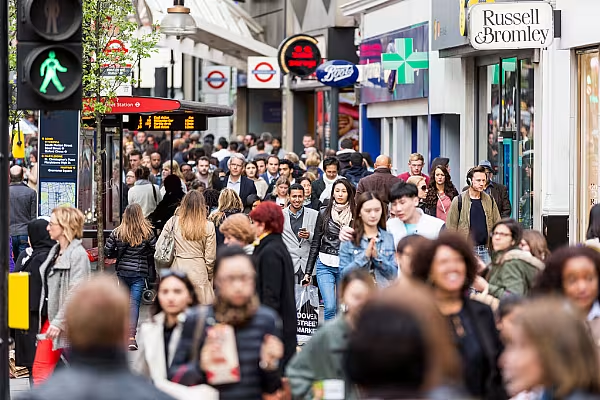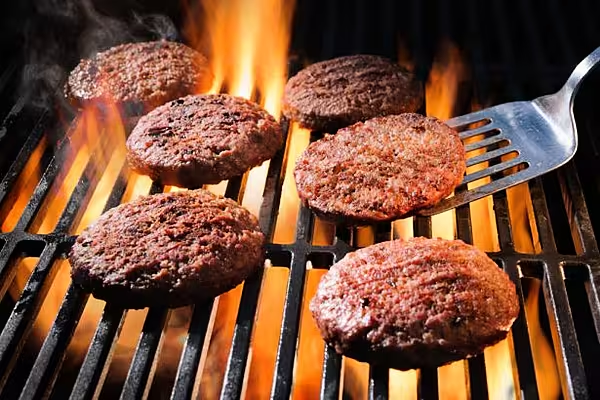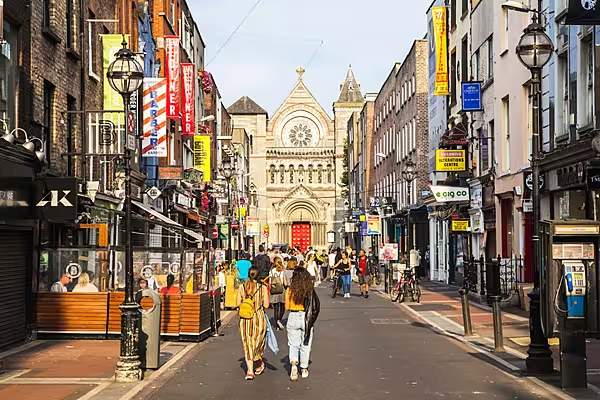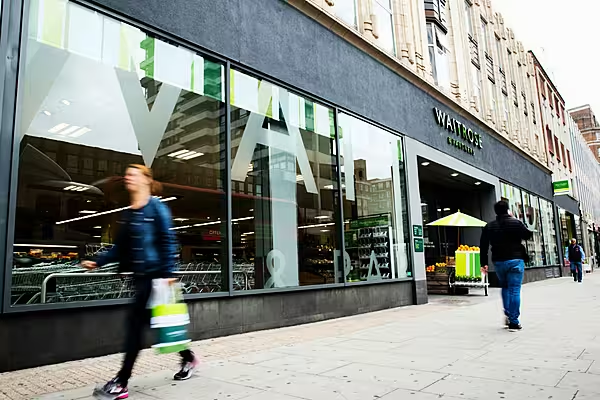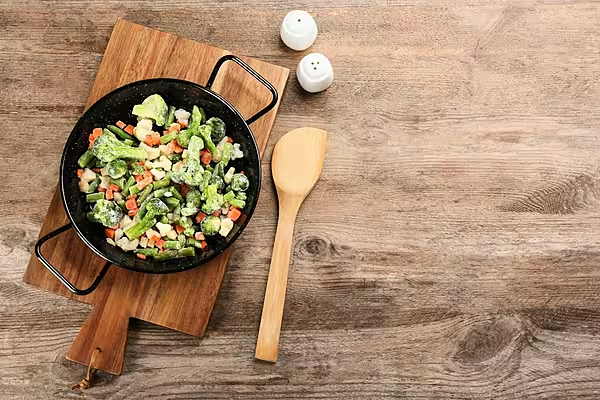British consumers spent the most last month since the country went into a coronavirus lockdown in March, as pubs, restaurants, barbers and beauty salons reopened, according to industry figures published on Tuesday.
Data from Barclaycard and the British Retail Consortium showed spending was close to getting back to normal levels though not all sectors were benefiting.
Barclaycard said consumer spending was 2.6% lower than in July 2019, the smallest shortfall since the lockdown began.
'Sense Of Cautiousness'
"However, a sense of cautiousness still prevails," Barclaycard director Esme Harwood said.
Official figures due on Wednesday are expected to show Britain suffered the biggest economic hit from COVID-19 of any major economy between April and June with output expected to be down by about 20%.
While unemployment has barely risen so far, due largely to a government job protection scheme, the Bank of England expects the jobless rate to almost double to 7.5% by the end of 2020.
Boost In Spending
Reopening businesses, as well as warm weather, boosted consumer spending in July. But sales at pubs and restaurants, which reopened for on-premises consumption on 4 July, remained well below year-ago levels.
By contrast, sales of takeaways and fast food were 20% higher than last year as people preferred to eat at home - something finance minister Rishi Sunak is trying to change with government subsidies for dining in restaurants in August.
Spending on groceries, furniture and electronics was also up strongly, while travel spending remained weak.
Figures from the British Retail Consortium - which only cover shopping - painted a similar picture for July.
Biggest Increase
Total retail spending across the BRC's members - mostly large chains - was 3.2% higher than a year earlier, close to June's 3.4% rise, the biggest increase since May 2018.
"The strongest performance came from food, furniture and homeware, as consumers increasingly invest in their time at home. However many shops, particularly in fashion, jewellery and beauty, are still struggling to survive," BRC chief executive Helen Dickinson said.
